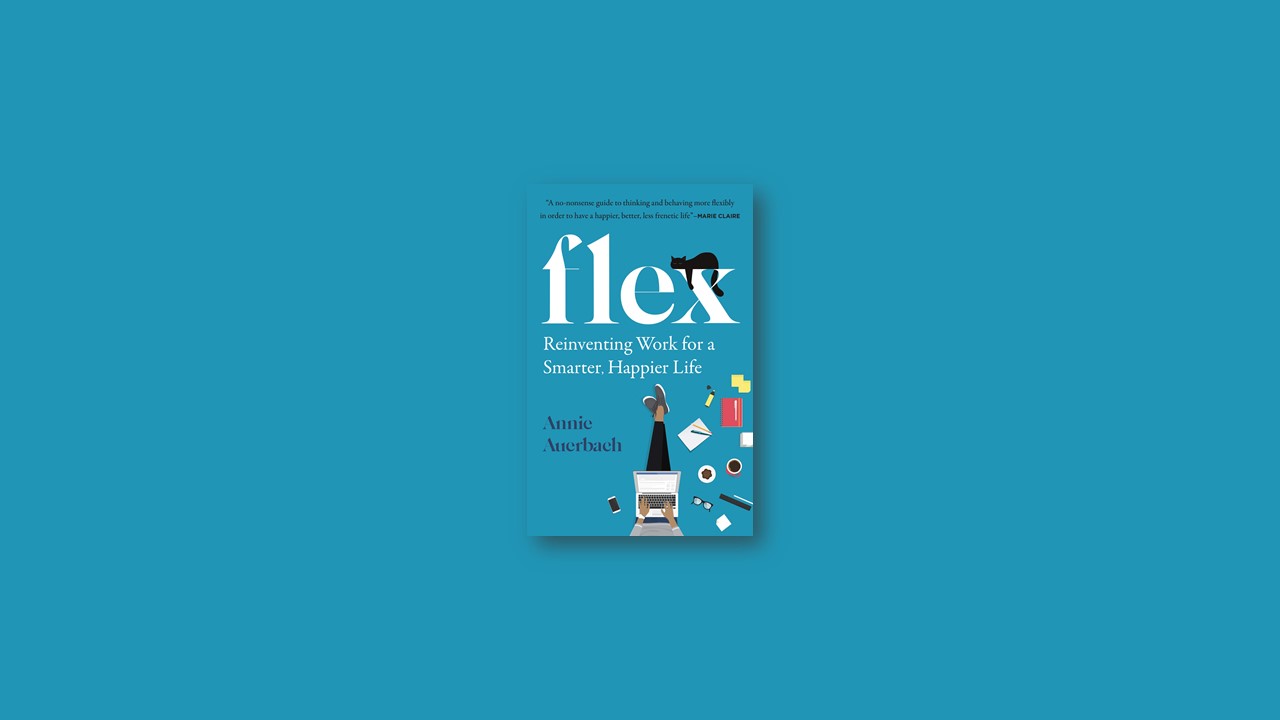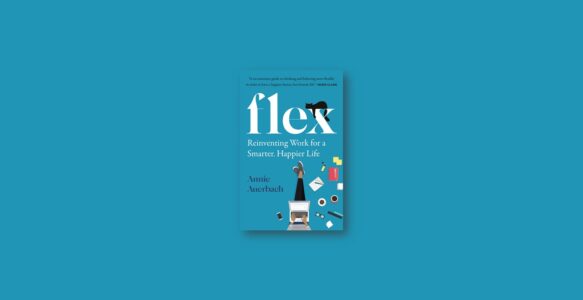Flex Your Mind
Modern life is conspiring to make us into cultural zombies. Creativity is scarcer and more urgent than ever. In order to flex, we need to interrogate what we really want and what we need to change to get it—and to do this we must have the space to think creatively. Creativity is a muscle that needs exercising—think of it as cognitive yoga—in order to dodge the algorithmic monoculture that wants to swallow us up.
So when an idea hits you, let it run. Comedian Dave Chappelle says that for him, creativity involves letting go. “If I have an idea, it’s the driver. The idea says, ‘Get in the car,’ and I’m like, ‘Where am I going?’ The idea says, ‘I don’t know. Don’t worry about it. I’m driving.’ Sometimes I’m shotgun, sometimes I’m in the fucking trunk. The idea takes you where it wants to go.”
Let your ideas take you where they want to go. Swim in the cultural soup, read books, react to what’s out there. Listen to people, meet them face-to-face, empathize with them, look them in the eye, and connect with them. Don’t try to be ahead of your time; be of your time and say something different about it.
But most importantly, trust in yourself, be brave, and nourish your own chutzpah. Creativity doesn’t live in the hands of lone geniuses. It lives in us all.
Flex Your Work
A workforce sitting for long hours every day in the office is not a team of people doing their best work: they are more likely to be stressed and burned out, feeling underappreciated, unable to care in the way they want to for the people they love, and prepared to leave in a second if they could find a job that offers them the flex they crave.
The conversation about flexible working needs to change. There’s a parallel to be made with the issue of diversity in the workplace. The language has changed toward “inclusion”—it’s not enough to be diverse, although that is a start. We need to be truly inclusive and leave the old boys’ club and the “in-jokes” behind. To make a diverse workforce feel genuinely included, we know we need to create the right conditions so they can thrive and do their best work.
Exactly the same shift needs to happen around flexible working. There needs to be a revolution within working culture to acknowledge the failings of rigid and long hours, address “flexism,” and actually allow for the inclusion of flexible workers. The result will show that flex isn’t token, isn’t a shitshow, and actually works.
And it needs to work for everyone, not just mothers. We need flexibility to work for older people, for men, for young people entering the workforce, and, of course, for the businesses themselves.
Flex Your Home
Flex is more than a Band-Aid solution to see you through changing times at home. Permission to flex between home and work is liberating. Permission to define success in the way we want to—whether it is raising a family or raising hell at work—is liberating.
We need to turn our attention to what is happening inside our homes, relationships, and families. The modern household looks and feels different from the one we grew up in. Roles within it are less clearly defined, and day-to-day life feels more complex. We add more and more items to our mental lists. We’re negotiating gender roles, both in the home and outside, which means that everything is up for grabs.
We need to be OK with that and take inspiration from pioneering nontraditional units, like gay couples, and stay-at-home dads. By creating new models and forging new paths, they are paving the way for the households of the future. Like them, we need to experiment, to invent, to work out what kind of life we really want to live with the people who are most precious to us. We should think about how best to achieve that, together. We need to talk it through, because things are changing under our noses. Work is important, but home matters the most, and just because our roles and relationships are bending, they don’t need to break.
Flex Your Future
So what should we be doing? With longer working lives, uncertain life paths, and the unsettling rise of AI, the only thing we can be sure of is that we will need to flex, adapt, and cope with change. What skills should we develop for more fulfilled, longer-lasting working
- Learn how to learn. Recommended readings: Limitless, The Only Skill That Matters
- Check in with yourself every seven years. You might ask yourself the following questions:
- What have I learned from the last seven years?
- Do I still value the same things?
- What should I leave behind?
- What do I need to learn next?
- Do I want to pivot and change something?
- Reskill, pivot, side-hustle
- What do I love?
- What am I good at?
- What can I be paid for now? (Or could this become a future side hustle?)
- What does the world need?
- Love your friends. Philosopher Alain de Botton wrote: “A good set of friends can be the making of a really good life. But it’s just very, very hard to find. We are obsessed by our careers and by our love life. Friendships come very much third, particularly when people start to have children—friends really go out the window then.” Studies say two people need to spend 90 hours together to become friends, or 200 hours to qualify as close friends. Clearly we need to invest time and energy in our friendships.


